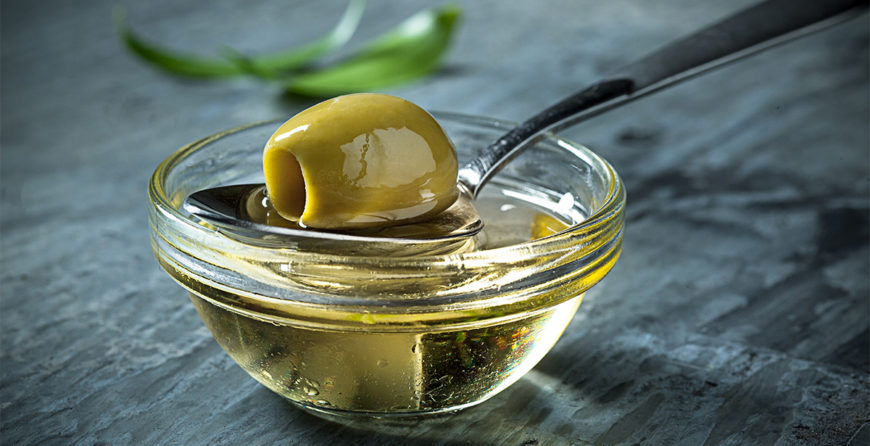The Mediterranean countries have taken the production and consumption of olive oil to new dimensions. Heart disease and mortality are very low, due to the daily use of olive oil and the Mediterranean diet. Oleic acid and poly-phenols such as hydroxytyrosol, tocopherol and oleuropein are the major components in olive oil and providers of many health benefits.
Oleic acid, which makes up 70% to 80% of the olive oil’s content, prevents the development of atheromas through its larger foundation of monounsaturated than polyunsaturated and saturated fatty acids.
Monounsaturated fatty acids have a high resistance to oxidation. High levels of LDL are important factors in arteriosclerosis, because they accomodate the transportation of cholesterol to the arteries. LDL also carries two-thirds of plasma cholesterol and filtrates the arterial wall. The HDL on the other hand delivers cholesterol to the liver, to be altered and rejected or reused.
A diet enriched by monounsaturated fats, boosts the LDL, which is very resistant to oxidation. A diet of extra virgin olive oil lowers LDL oxidation and arteriosclerosis. The minor components of olive oil, such as hydrocarbons, nonglyceride esters, flavonoids, sterols and tocopherols have substantial cardio-protective effects. The percentage of these compounds depends on the extraction process of the olive oil.
In olive oil the polyphenolic compounds and carotenoids are the main antioxidants. The major polyphenols are the oleuropein, hydroxytyrosol and tocopherol. The oleuropein constitutes of 14% of the total weight. The tocopherol is an active type of vitamin E, which is resistant to oxidation and its daily consumption protects against free radicals.
Polyphenols disturb free radical reactions, which prevents DNA damage and lipid hydroperoxide formation. Flavonoids help by setting the basic levels of vitamin C and E and b-carotene. The phenolic compounds reinforce total phenolic content of LDL to postpone arteriosclerosis and reduce inflammation, also increases nitric oxide, which is a molecule that our bodies produce to help the cells communicate with each other by giving signals throughout our whole body.
Nitric oxide is very important for transmitting information between the nerve cells in the brain to control memory and behavior, also reduce inflammation, control blood pressure, help the immune system in its fight against disease and help the body run in harmony.


